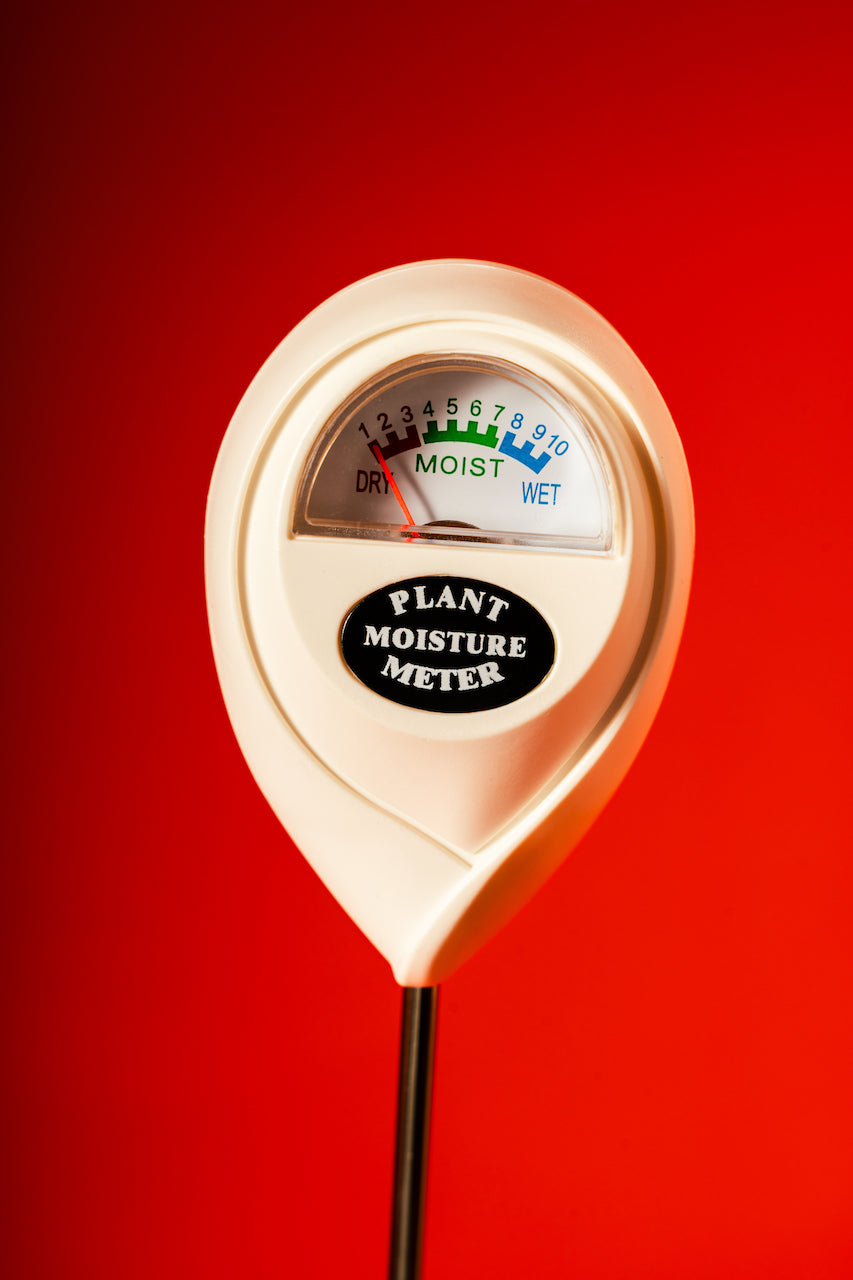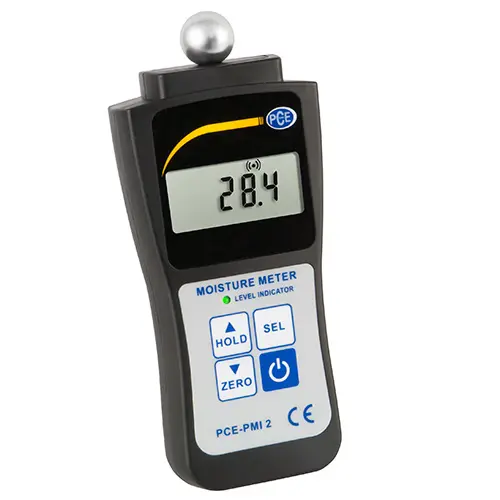How a Moisture Meter Can Aid You Preserve Optimal Problems in Your Home or Workplace
How a Moisture Meter Can Aid You Preserve Optimal Problems in Your Home or Workplace
Blog Article
The Ultimate Guide to Dampness Meters: A Comprehensive Summary and Exactly How They Can Save You Money
Wetness meters serve as crucial devices in identifying and monitoring moisture web content in products, aiding in protecting against costly problems and guaranteeing the high quality of items. Comprehending the subtleties of different kinds of wetness meters, their applications, and the prospective cost-saving advantages they provide can be a game-changer for experts and companies alike.
Kinds Of Dampness Meters
Numerous sorts of moisture meters are readily available for various applications in different industries. One usual type is the pin-type wetness meter, which determines the electrical resistance between two pins put into a material. This type is suitable for timber, drywall, and other structure materials. Pinless moisture meters, on the various other hand, use electromagnetic sensing unit plates to check a larger area without triggering damages to the product's surface. Moisture Meter. These meters are perfect for quickly analyzing wetness degrees in huge areas such as walls and floorings.

Furthermore, there are also specialty dampness meters designed for specific materials like grain, dirt, or hay. These meters offer precise moisture readings customized to the unique buildings of the material being checked. Infrared dampness meters measure the thermal homes of a material to establish its dampness web content non-invasively, making them helpful for applications where pin or pinless meters might not be suitable. Comprehending the different kinds of moisture meters available can aid industries choose the most proper device for their particular wetness measurement requirements.

Advantages of Using Wetness Meters
Dampness meters offer invaluable benefits in properly examining and monitoring wetness levels in diverse materials and settings. One of the main benefits of utilizing dampness meters is the prevention of prospective damage triggered by excess moisture.
In addition, making use of moisture meters can cause enhanced energy efficiency. By determining locations with high wetness degrees, such as leaks or inadequate insulation, changes can be made to enhance power conservation and lower utility expenses. In agricultural setups, dampness meters play a vital duty in optimizing crop returns by making it possible for farmers to keep an eye on dirt dampness degrees and make informed watering decisions. In general, the benefits of utilizing moisture meters cover across numerous markets, offering cost-efficient remedies and promoting better quality assurance practices.
Just How to Choose the Right Dampness Meter
When choosing a moisture meter, it's crucial to make sure that the meter is ideal for the specific material you will be testing. Various materials have differing electric properties that can affect moisture readings, so picking a meter created for your material is crucial for exact results. By thoroughly reviewing these factors, you can choose a dampness meter that meets your demands and offers precise dampness measurements for your jobs.
Correct Strategies for Wetness Meter Usage

Price Cost Savings Via Dampness Meter Applications
Exactly how can the calculated use of wetness meters lead to substantial cost savings across various industries? In the farming sector, moisture meters help in identifying the ideal time for gathering plants, stopping excess or over-drying wetness that can influence the final item's quality.
Similarly, in building and construction, wetness meters aid protect against costly problems by identifying dampness degrees in structure materials, such as timber or concrete, which can cause structural issues otherwise dealt with immediately. By identifying issue areas early on, specialists can take restorative steps to avoid substantial repair services or replacements, eventually saving money and time.
In addition, in the food handling industry, dampness meters are vital for keeping an eye on product top quality and making sure compliance with safety guidelines. By properly gauging dampness web content in food products, suppliers can protect against spoilage, keep freshness, and decrease waste, resulting in considerable cost savings. On the whole, over at this website the strategic application of wetness meters is an important financial investment that can cause substantial expense decreases and improved effectiveness throughout different sectors.
Verdict
In verdict, wetness meters are important tools for discovering and gauging dampness degrees in different products. By utilizing the ideal moisture meter and adhering to correct techniques, individuals can efficiently prevent expensive damages triggered by excess moisture.
Wetness meters serve as crucial tools in spotting and monitoring moisture content in products, aiding in protecting against pricey problems and making sure the high quality of products. Infrared wetness meters gauge the thermal buildings of a product to identify its moisture content non-invasively, making them valuable for applications where pin or pinless meters might not be appropriate.Moisture meters offer invaluable advantages in precisely examining and monitoring moisture degrees in diverse materials and environments. In farming setups, wetness meters play an essential function in enhancing crop returns Visit Website by enabling farmers to check soil wetness levels and make informed watering decisions.In verdict, moisture meters are useful devices for discovering and gauging moisture levels in numerous products.
Report this page